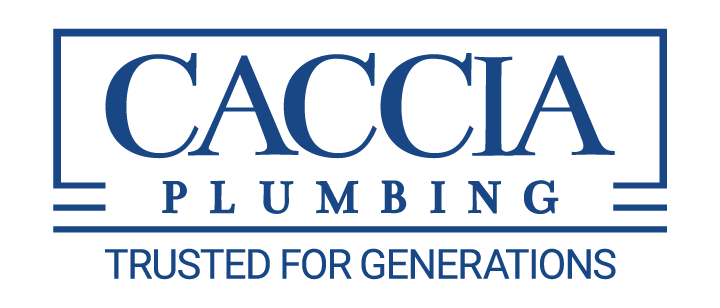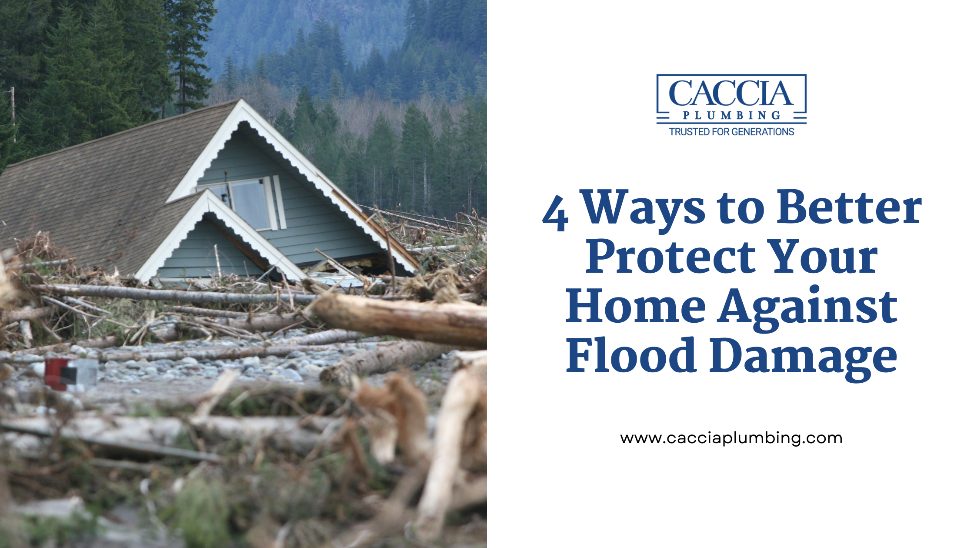Floods can be a major risk to your home. They can cause damage to your property, and you may be out of pocket if you need to replace the things that were lost during the flood.
If you live in a flood-prone area, you should take steps now to protect yourself and your property. If you’re not sure what actions are appropriate for your situation, talk with a professional who can help guide you through the process.
The devastating effects of flooding can be felt across the country. While it’s not always possible to prevent a flood, there are some things you can do to help protect your home from being damaged.
Here are four ways to better protect your home against flood damage.
Install a Flood Barrier in Front of Your Home.
If you live in an area prone to flooding, then you know how destructive it can be. Flooding can cause major damage to your property and belongings, so it’s important to take steps to protect yourself from the elements.
That’s where flood barriers come in. These barriers will slow down the water so that it doesn’t come rushing in and cause damage to your property. They’re a great way to keep your home safe from water damage while also keeping you and your family safe.
The best way to install a flood barrier is by using a custom-made system that is designed specifically for your home or business. This will ensure that the system fits properly and will work as expected when installed correctly. It also means that there won’t be any issues with leaks or other problems that could occur during installation or later on down the road once installed properly.
Make Sure Your Roof is in Good Condition
If you’re like most homeowners, you probably don’t think much about your roof. It’s not something that’s usually been a high priority for you, but it can have a huge impact on the look of your home and its safety. A leaky or damaged roof can lead to water damage inside your home—and if that happens, it’s important to get it repaired right away so you don’t end up losing more money on repairs than it would have cost to replace the whole thing in the first place.
The good news is that there are steps you can take to make sure your roof is in good condition. First, make note of any cracks or seams on the joints between shingles (this will help determine which areas are most at risk for leaks). Then check for leaks during a heavy rainstorm or after heavy snowfall (these areas are often most susceptible). Finally, annually inspect all joints and seams for wear or other signs of damage (if you notice any problems, have them repaired right away so they don’t become worse).
This simple routine will help ensure that no issues develop over time—which means fewer headaches as far as repairs go!
Make Sure You Have Enough Insurance Coverage
When planning for a disaster, you should make sure to have enough insurance coverage to cover all your bases. Not only will this help you feel better in the event of an emergency, but it will also protect your family’s financial interests and help you avoid any liability issues that could come up after a disaster.
One way to ensure that you’ve got enough coverage is to look into what type of coverage is available in your state. Different states have different regulations about how much insurance companies can charge for various kinds of coverage, so it’s important that you find out exactly how much it costs and what kinds of benefits are included before signing up for anything.
Another thing you should do before signing up for any kind of insurance is making sure that your homeowners’ policy fully covers your home and any contents within it. Make sure that if there’s ever an issue with your house or property—like if it burns down—your homeowners’ policy will cover everything from the roof over your head all the way down to whatever material was used on the floor above where your bed used to be!
Finally, make sure that when it comes time for renewal or renewal notice time comes around again, you check out all possible options carefully before committing yourself fully.
Keep an Eye on Local Weather Forecasts
Tune into your local radio for emergency alerts. This way you can keep yourself informed about what’s going on around you so that you can take action quickly before anything bad happens
If you are in high-risk areas, we encourage you to have an evacuation plan in place. If you’re leaving your home, turn off the electricity at the breaker panel to avoid water damage. Those in low-risk areas should anticipate power outages as well and have several days of food and water supplies stocked up.

